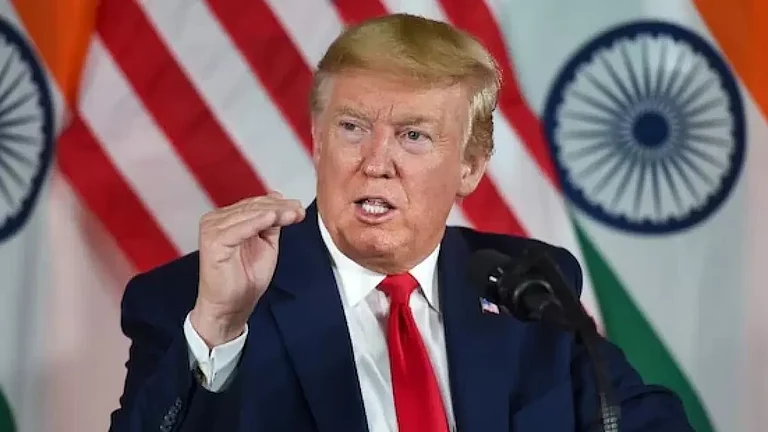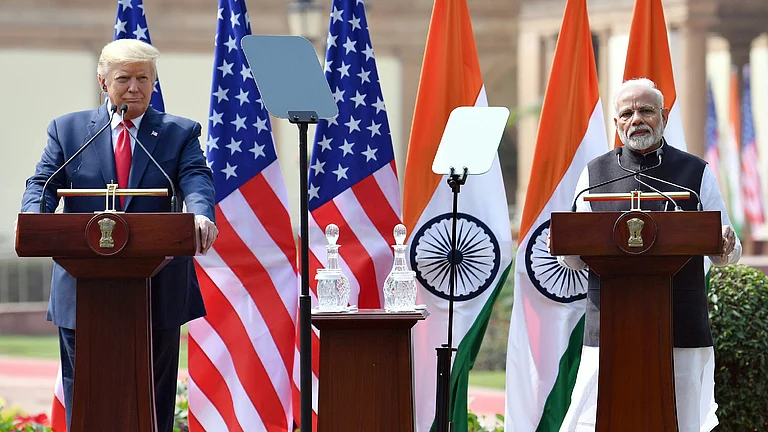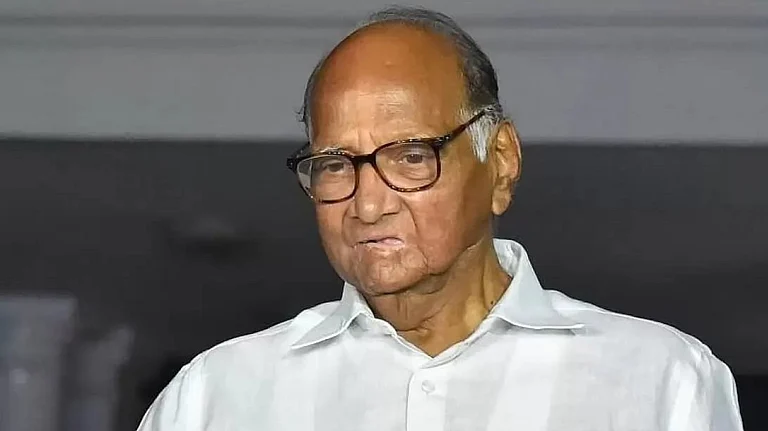In the ongoing talks with the US on a bilateral trade agreement (BTA), the Indian government has categorised its farm commodities into three distinct categories based on their economic and political sensitivity, according to Business Standard.
The categorisation reflects these concerns — “non-negotiable”, “very sensitive” and “liberal”, the report cited a government official as saying.
Agricultural staples such as rice, wheat and other staples fall under the non-negotiable category, where no import tariff concessions will be entertained.
Products such as apples, which are closely tied to farmer interests in states like Himachal Pradesh and Uttarakhand, are categorised as “very sensitive” and may face restricted import concessions, possibly through minimum import prices (MIP) or tariff-rate quotas.
Whereas, high-value imports such as almonds, pistachios, walnuts and blueberries, would be categorised as “liberal”, revealed Business Standard. The government is ready to significantly reduce import duties on such items.
According to Moneycontrol, while the first tranche of the bilateral accord may be finalised only by September or October, India is planning to firm up talks for a smaller version before Trump's country-specific reciprocal tariffs which will begin early next month.
India and the US are discussing the contours of the trade pact as part of Mission 500, a broader initiative aiming to more than double bilateral trade to $500 billion by 2030.
A Dual-Track Approach
In the aftermath of ’reciprocal tariffs’ by the US, India should adopt a dual-track approach and selectively reduce high tariffs on non-sensitive agricultural commodities imports from Washington, while also strategically offer concessions where domestic supply gaps exist, a NITI Aayog working paper has said, according to PTI.
The Aayog in a working paper, titled ’Promoting India-US Agricultural Trade Under the New US Trade Regime’, said that India’s agricultural sector needs safeguards, to ensure price stability for both producers and consumers, against excessive volatility in international markets.
"A dual-track approach is essential now. In the short term, India should consider to selectively reducing high tariffs on non-sensitive imports and negotiate non-tariff safeguards on vulnerable segments such as poultry,” the paper said. It noted that sudden announcement of ”reciprocal tariffs” and enhanced market access for US exports following re-election of Donald Trump as President of the United States in January 2025 have sent shock waves across the world especially among the trading partners of US.
With the US pushing for greater access to the Indian market, India is treading carefully, given agriculture’s sensitivity.
(With inputs from PTI.)
































